Harris, French PM Lay Wreaths Six Years On From Paris Terror Attacks
US Vice President Kamala Harris and French Prime Minister Jean Castex laid wreaths at a Paris cafe and France's national football stadium Saturday, six years since deadly terror attacks that left 130 people dead.
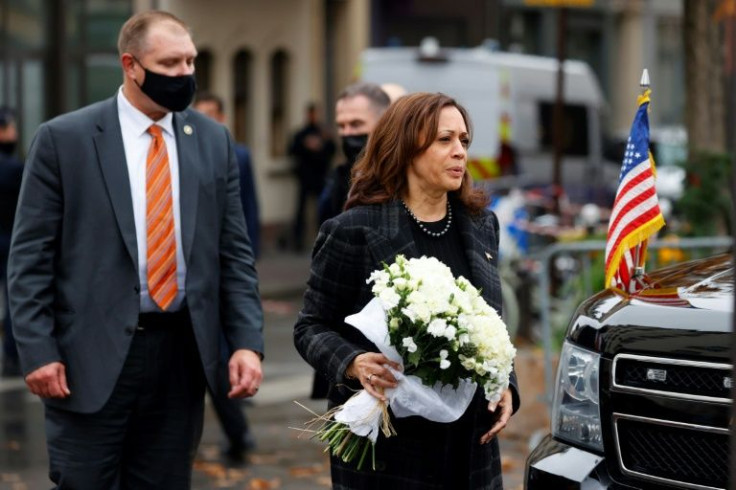
The attacks by three separate teams of Islamic State group jihadists on the night of November 13, 2015 were the worst in France since World War II.
Gunmen mowed down 129 people in front of cafes and at a concert hall in the capital, while a bus driver was killed after suicide bombers blew themselves up at the gates of the stadium in its suburbs.
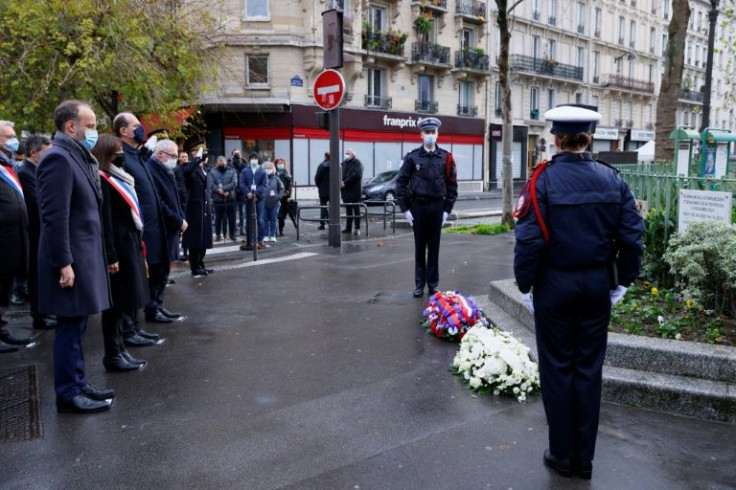
Harris, closing a four-day trip to France, placed a bouquet of white flowers in front of a plaque honouring the victims outside a Paris cafe.
Castex attended a minute of silence at the Stade de France football stadium, along with Paris mayor Anne Hidalgo, before laying wreaths at the sites of the other attacks inside Paris.
In front of the Bataclan concert hall, survivors and relatives of the victims listened to someone read out the names of each of the 90 people killed during a concert there six years ago.
Public commemorations of the tragedy were called off last year because of the coronavirus pandemic.
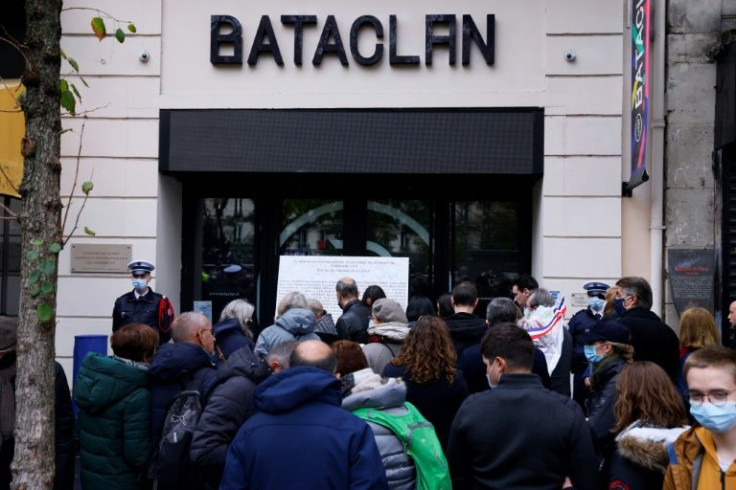
"Last year we weren't allowed to come and we all found it really tough," said Bruno Poncet, who survived the Bataclan attack.
But he said the start of a trial over the attacks in September meant that those attending the commemoration this year felt more united.

"We've really bonded thanks to the trial," he said.
"During previous commemorations, we'd spot each other from afar without really daring to speak to each other. We were really shy.
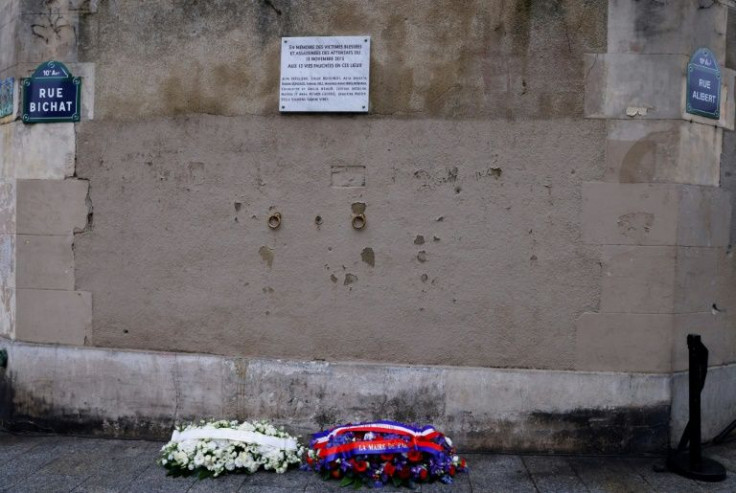
"But standing up in court has really changed everything."
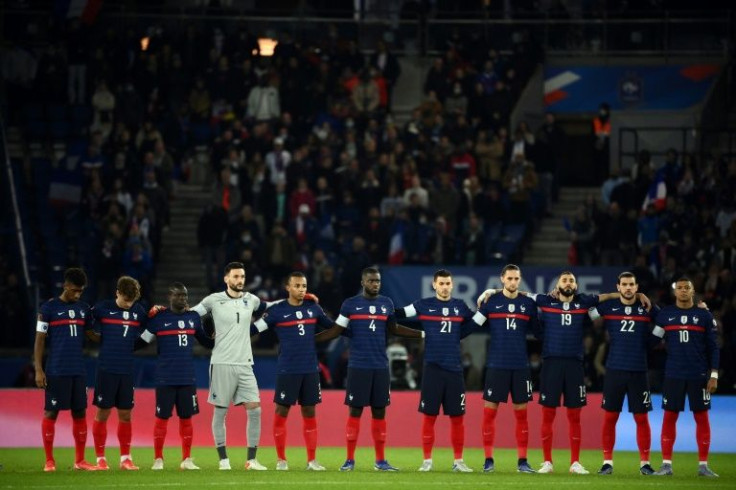
The marathon trial, the biggest in France's modern legal history, is expected to last until May 2022.
Twenty defendants are facing sentences of up to life in prison, including the sole attacker who was not gunned down by police, Salah Abdeslam, a French-Moroccan national who was captured in Brussels. Six of the defendants are being tried in absentia.
Poncet said he felt it was crucial he attend the hearings.
"I can't possibly not. It's our lives that are being discussed in that room, and it's important to come to support the others and to try to overcome it all."
Survivors have taken to the witness stand to recount the horror of the attacks, but also to describe life afterwards.
Several said they had been struggling with post-traumatic stress disorder, grappling with survivor's guilt, or even feeling alienated from the rest of society.
Philippe Duperron, the head of an association of victims of the attacks, said far more people had signed up for a lunch after Saturday's ceremony than in previous years.
"The trial has no doubt reinforced people's need to be together," he said.
The commemorations included a minute of silence at a second football stadium, the Parc des Princes, before the evening kick-off of the France-Kazakhstan match.
Fifteen minutes into the game, a group of supporters unfurled a banner in tribute to the victims of the attacks. It read: "To our 131 stars of November 13".
Then-president Francois Hollande was among the 80,000-strong crowd, before he was discreetly whisked away to avoid triggering mass panic.
© Copyright AFP 2024. All rights reserved.




















